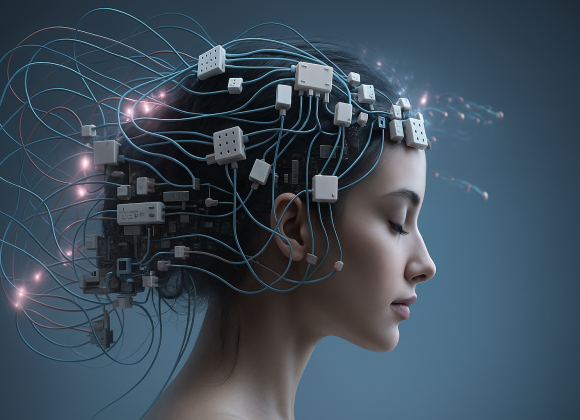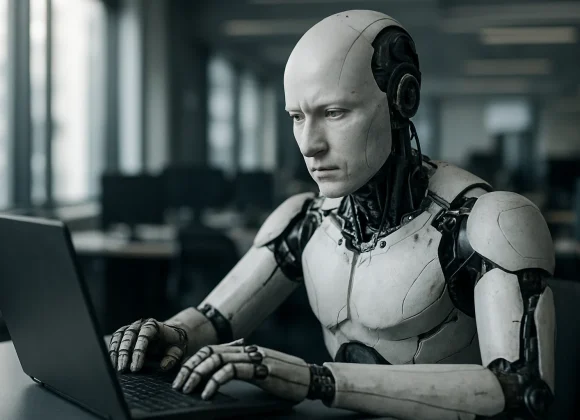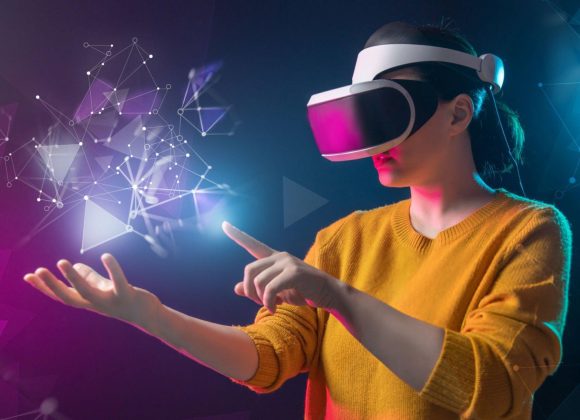Artificial intelligence (AI) is taking the world by storm, and the IT industry is feeling the impact in a big way. Ever since AI was first introduced back in 1956 at the Dartmouth Conference, it has evolved from a fascinating concept to a game-changing technology. Today, AI is streamlining operations, increasing efficiency, and even taking over some job roles. The AI impact on IT jobs is undeniable, as automation reshapes traditional roles and creates new opportunities. But while automation is shaking things up, human expertise still plays a crucial role. So, what does this mean for IT professionals? Let’s dive in.
How AI is Changing the Game for IT Jobs
AI is shaking things up in the IT world, taking over tasks that once needed human hands. From testing software to writing code, automation is making life easier—but it’s also changing the way IT professionals work. Here’s how AI is making its mark:
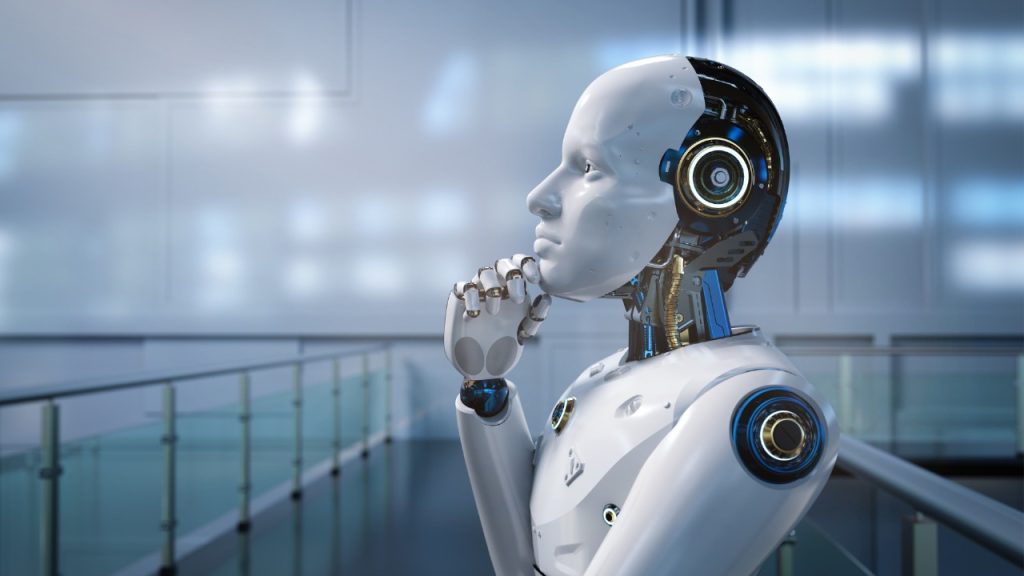
- Software Testing and Quality Assurance: Gone are the days of tedious manual testing. AI-driven tools like Selenium and Testim can run automated test cases in seconds, spotting bugs and optimizing performance with minimal human effort.
- IT Support and Helpdesk Services: Ever chatted with a virtual assistant when your internet went down? AI-powered chatbots are now handling common IT issues, providing real-time troubleshooting, and answering questions 24/7—without getting tired or frustrated.
- Data Analysis and Management: AI can sift through mountains of data at lightning speed, finding patterns and insights that would take humans hours (or even days) to uncover. This means less time spent on manual data entry and more time focusing on big-picture strategies.
- Cybersecurity Monitoring: AI security systems are like digital watchdogs, constantly scanning for threats and anomalies before they turn into major problems. By detecting suspicious activity early, they help keep networks safe with minimal manual monitoring.
- Code Generation and Development: Writing code just got a lot smarter. Tools like GitHub Copilot and OpenAI Codex can suggest, refine, and even write code snippets, helping developers work faster and more efficiently.
While AI is automating many routine tasks, IT professionals aren’t being replaced—they’re being empowered. Instead of getting bogged down by repetitive work, they can focus on innovation, problem-solving, and pushing technology forward. AI isn’t here to take over—it’s here to help.
The Human Expertise That AI Can’t Replace
AI is undeniably powerful, automating tasks, analyzing massive datasets, and even making predictive decisions. But no matter how advanced AI gets, there are certain areas where human expertise remains irreplaceable. These are the qualities that set people apart from machines:
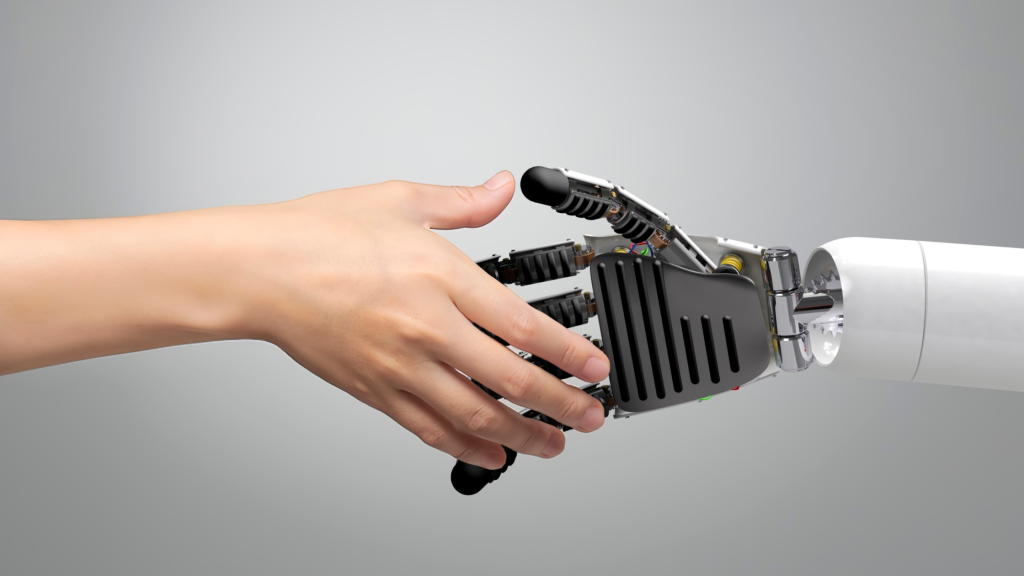
- Creative Problem-Solving: AI excels at processing and analyzing data, but when it comes to thinking outside the box, humans still have the upper hand. Innovation often requires intuition, abstract thinking, and the ability to make connections between seemingly unrelated ideas—something AI struggles with. Whether it’s troubleshooting unexpected system failures or developing groundbreaking technology, human creativity remains unmatched.
- Ethical Decision-Making: AI lacks moral reasoning and an understanding of ethics. When it comes to decisions involving data privacy, bias in AI models, or regulatory compliance, human judgment is essential. Organizations rely on IT professionals to ensure that AI-driven solutions align with ethical standards and societal values. Without human oversight, AI can inadvertently reinforce biases, make unfair decisions, or violate legal and ethical guidelines.
- Software Architecture and Design: AI can assist in writing code, but designing robust, scalable, and efficient software systems requires human intuition and strategic thinking. Creating architecture for complex applications demands experience, foresight, and an understanding of user needs—elements that AI can’t fully grasp. IT professionals must consider factors like long-term scalability, security risks, and usability, which require human expertise.
- Interpersonal and Leadership Skills: AI can automate processes, but it can’t manage teams, motivate employees, or communicate complex ideas to stakeholders. Leadership in IT involves emotional intelligence, negotiation, and collaboration—all of which require a deep understanding of human behavior. Successful IT leaders don’t just manage projects; they inspire innovation, resolve conflicts, and drive organizations forward.
- Advanced Research and Development: AI is a tool, but it doesn’t push the boundaries of technology by itself. The most significant advancements in AI and IT come from human researchers, scientists, and engineers who question existing systems, experiment with new ideas, and refine technologies. From developing new programming paradigms to improving AI itself, the future of tech is still shaped by human minds.
While AI continues to evolve, it remains a complement to human expertise rather than a replacement. The future of IT isn’t about humans versus machines—it’s about how they can work together to achieve even greater innovation.
Final Thought
AI is transforming the IT landscape, automating repetitive tasks, and boosting efficiency. But that doesn’t mean human jobs are disappearing—just evolving. The future of IT will see more demand for roles like AI ethics consultants, machine learning engineers, AI trainers, and cybersecurity specialists.
If you’re in the IT field, staying ahead means embracing AI, learning new skills, and adapting to the ever-changing tech world. The future isn’t just about AI—it’s about AI and human expertise working together.


